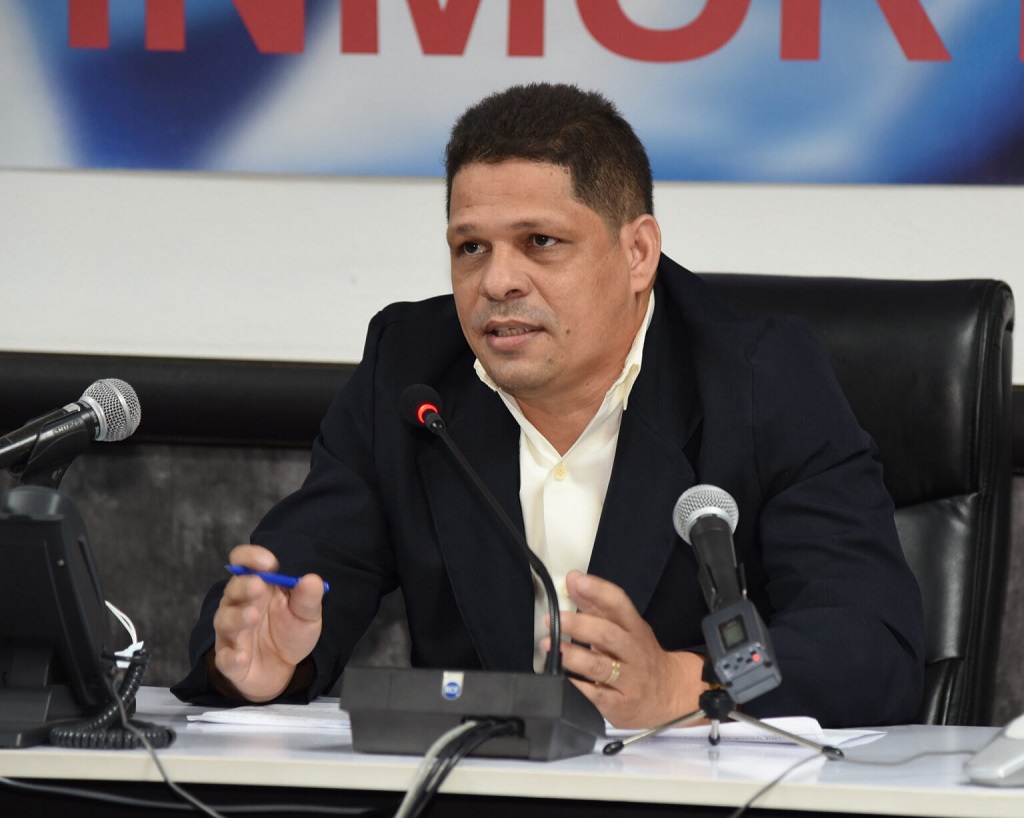The official made those statements to the Granma newspaper, prior to the Industry Ministry (MINDUS)’s rendering of accounts before the National People’s Power Assembly (Parliament) in December.
He noted that reporting to Parliament must be a deep, transparent exercise, based on the accurate analysis of objective realities, tangible results and deficiencies.
In this regard, the MINDUS has taken actions to ensure the quality of the exercise. It is looked at from within, with the eyes of lawmakers, sector managers, workers and the people in general, the official stated.
He added that some companies are more committed than others, with more industrial culture, but in general there is a lot of commitment, despite the low salaries and the lack of raw materials, which are the most serious problems.
Cedeño pointed out that the MINDUS comes to this exercise after the implementation of two tools nationwide to restructure and reorganize the way the socialist state enterprises work, in reference to Decree Law 34 of 2021, and the 43 measures approved to strengthen the enterprises.
As a philosophy, they focus on the work system to consolidate the role of the industry in the socioeconomic strategy, and in that regard a fundamental line is increasingly self-financing. The deputy minister insisted that they gradually want less financing from the central bank for production, and respond to strategic objectives and social tasks.
He noted that the issue of the exchange market was beneficial for the industry, since they have so far presented 35 schemes of this nature, which is nothing more than obtaining foreign currency at the exchange of one (dollar) to 120 Cuban pesos (cup).
Cedeño stressed that with that currency they can buy raw materials that they sell to people in national currency (cup), and explained that they even managed to include stores from the industries themselves in the retail market.
These systems stimulate exports, because once the company begins to get tangible benefits, the impact of exporting is demonstrated.
He announced that they have already presented six closed schemes to the country’s leadership, two of them were already approved, as is the case of steel, along with another for recycling, which also has export levels.
He noted that despite the difficulties, they managed to maintain investment processes in the industries.
In that regard, those initiatives impact strategic production such as containers and packaging, foundries for the manufacture of spare parts, and steel (they promoted the chlorine plant with state-of-the-art technology in the eastern region of Sagua la Grande, for example).
The MINDUS currently has a glass factory underway in the Mariel Special Development Zone (ZEDM), with the aim of covering 70-80-percent of the country’s demand for glass containers.
Furthermore, the Ministry has invested in hygiene products, in addition to the fact that the detergent consumption gaps are practically closed with the installed capacity in the country. Cuba continues with the modernization of the Antillana de Acero plant, in addition to large investments in Polygraphy and an oxygen plant in the eastern region.
Cuba’s industry is not exempt of problems that also affect other sectors of the economy and production. However, it is possible to see that there are clear goals, well-defined objectives and specific strategies to be addressed, the deputy minister noted.
jg/mem/rfc









